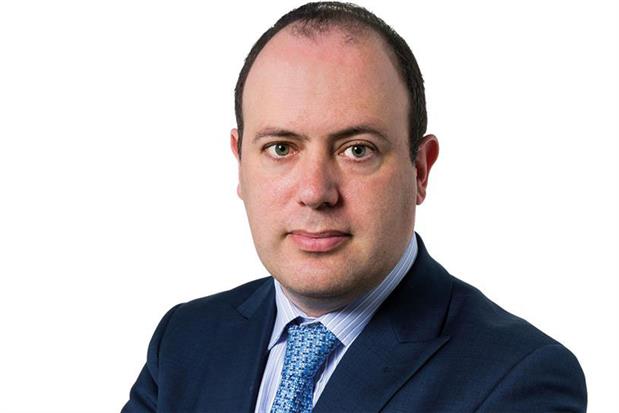So Britain is heading for the polls again after Theresa May called a snap election less than a year after the Brexit referendum.
National votes are rarely good news for the ad industry – and not just because they have become an opportunity in the past six or seven years for lazy critics to dismiss the power of traditional political advertising.
Elections mean uncertainty, which encourages businesses to defer decision-making and delay spending. That includes the government, still a significant advertiser, which will go into purdah during the election campaign.
Even before May called the general election, the economic warning lights have been flashing amber in the wake of the Brexit vote.
As Jeremy Darroch, chief executive of Sky, Britain’s biggest advertiser, said during last week’s quarterly results, retail sales have been "pretty anaemic" and consumer confidence "negative" since the turn of the year. Sky said the TV ad market fell 8% in the first three months of the year (albeit Easter was late) and is down 4% in the nine months since Brexit.
Media owners across almost every sector, with the exception of a few bright spots such as cinema, describe the market as "soft". The continued fallout from the YouTube brand-safety row and wider doubts about the online media supply chain have unnerved the digital market too.
The IPA’s quarterly Bellwether Report said last week that a majority of marketers were again revising their budget upwards thanks to an "improvement" in financial prospects, but that looks overly rosy.
FMCG giants such as Procter & Gamble, Unilever and Mars have been most eager to cut adspend as sterling’s 20% fall since Brexit has increased the cost of importing raw materials and reduced their UK profits.
Even media owners that have been outperforming the market are adopting a more cautious tone.
Darren Childs, chief executive of UKTV, announced record annual profits, revenue and viewing share last week and sounded optimistic about further growth in 2017, but he wouldn’t commit to increasing his programming budget. "We hope it’s up," Childs said, but warned that some investment decisions have been put on hold until later in the year: "Running a business in a turbulent market affects your ability to invest."
May is selling herself as the "strong and stable" option and is on course to win. But, whatever the result, it will do little to alter the fact that Brexit means turbulent times ahead for the economy. Expect the ad market to fall further.
Gideon Spanier is the head of media at 北京赛车pk10.
gideon.spanier@haymarket.com



